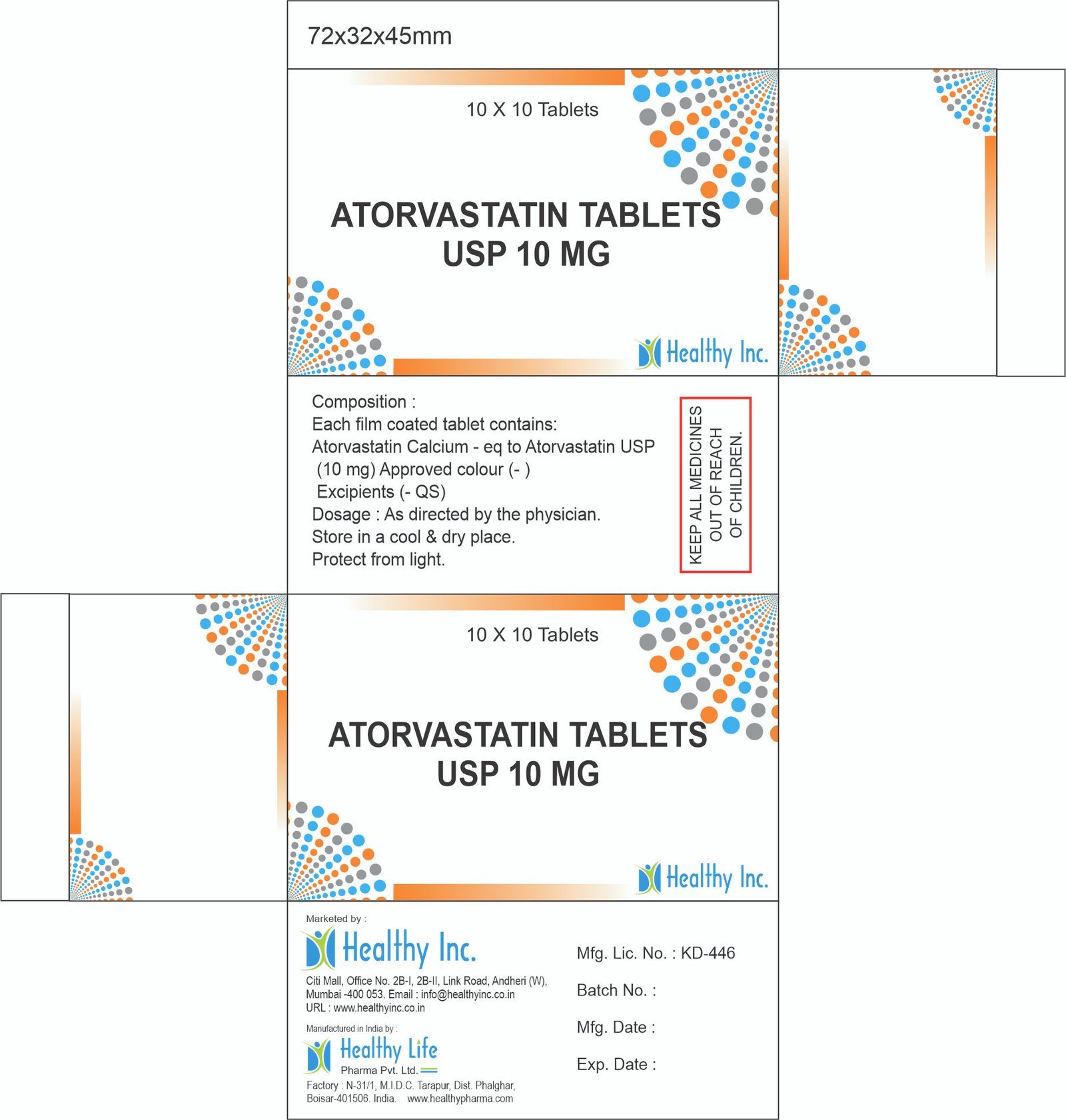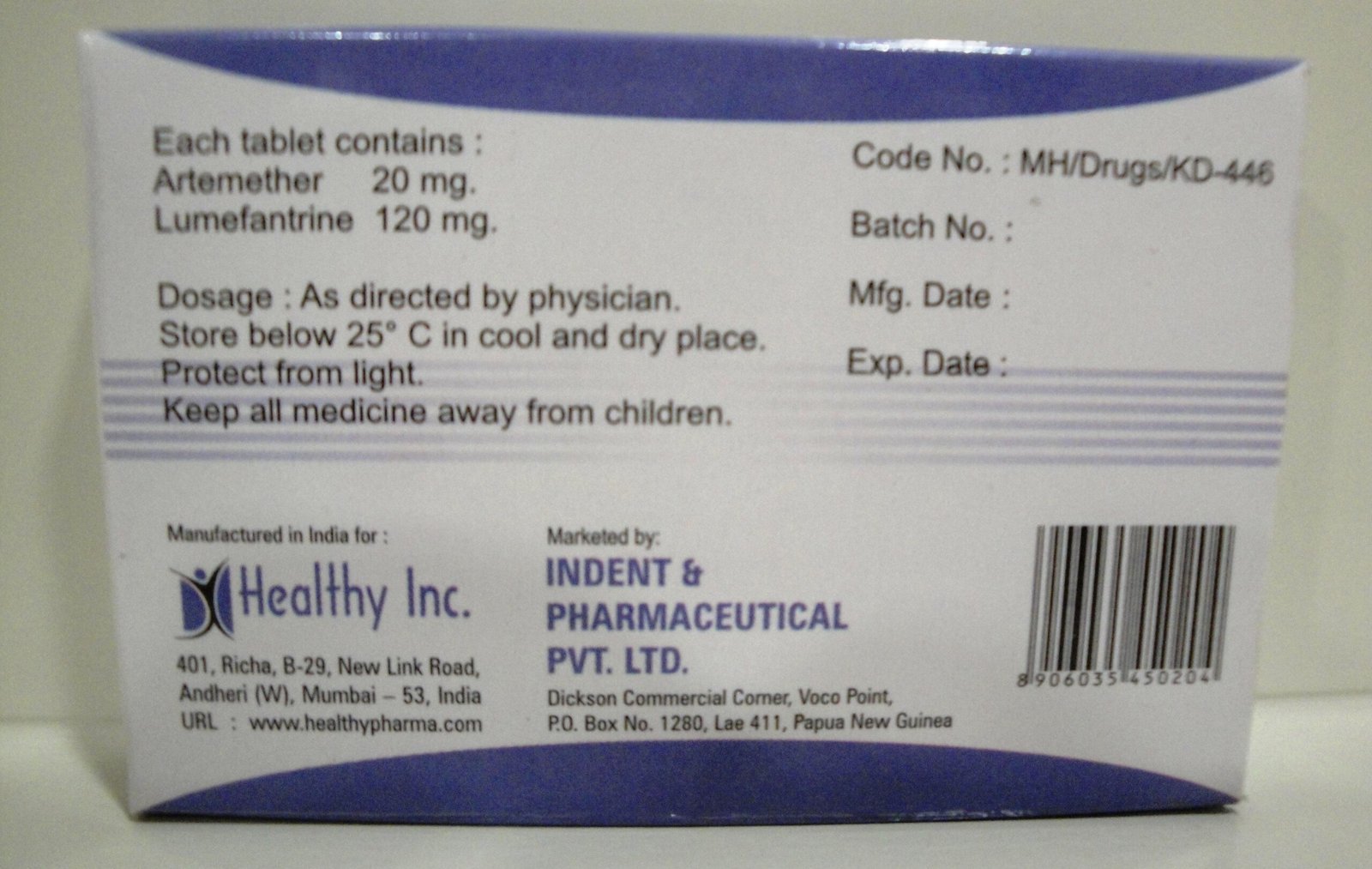Description
Metoclopramide Hydrochloride Injection
Healthy Inc is a specialized global supplier and exporter of gastrointestinal injectables. We provide high-purity Metoclopramide Hydrochloride Injection, manufactured in our WHO–GMP certified facilities. This widely used antiemetic and prokinetic agent is exported to hospitals and pharmacy networks in Africa, LATAM, CIS, and Southeast Asia for the effective management of nausea, vomiting, and gastric motility disorders.
Product Overview
Metoclopramide acts as a Dopamine Antagonist and a prokinetic agent. It works by blocking dopamine receptors in the chemoreceptor trigger zone (CTZ) of the brain (preventing nausea) and enhancing the response to acetylcholine in the upper GI tract (increasing motility).
It is the “First-Line Prokinetic” for:
- Diabetic Gastroparesis: Stimulates gastric emptying in patients with delayed stomach emptying due to diabetes.
- PONV: Prevention of Post-Operative Nausea and Vomiting.
- Radiology: Used to facilitate small bowel intubation and accelerate transit of barium contrast.
- Reflux Esophagitis: Increases lower esophageal sphincter pressure.
Product Composition & Strength
We supply this product in standard ampoules for IM or IV administration.
| Active Ingredient | Strength | Total Content |
|---|---|---|
| Metoclopramide Hydrochloride IP/BP | 5 mg / ml | 10 mg / 2 ml (Ampoule) |
*Available in clear or amber glass ampoules (Tray Pack).
Technical & Logistics Specifications
Critical data for Pharmaceutical Importers and Hospital Tenders.
| HS Code | 3004.90.99 (Medicaments for therapeutic uses) |
| Dosage Form | Liquid Injection (Parenteral) |
| Route of Administration | Intramuscular (IM) / Intravenous (IV) |
| Packaging | 2ml Glass Ampoules (Tray/Blister Pack) |
| Storage | Store below 30°C. Protect from light. |
| Certificates | WHO-GMP, COPP, FSC, CTD Dossier |
Manufacturing Authority
Manufactured at our WHO-GMP & ISO 9001:2015 certified unit.
- Stability: Formulation is pH-optimized and light-protected to prevent degradation (yellowing).
- Sterility: Terminal sterilization ensures absolute safety for intravenous use.
- Capacity: High-speed ampoule filling lines for large-scale tender fulfillment.
Therapeutic Indications
Indicated for:
- Symptomatic treatment of nausea and vomiting including that associated with acute migraine.
- Prevention of nausea and vomiting associated with radiotherapy or chemotherapy (CINV).
- Management of diabetic gastroparesis (acute and recurrent).
Dosage & Administration
Strict Medical Supervision Required:
- Adults: 10 mg (1 ampoule) via IM or Slow IV injection (over 1 to 2 minutes). May be repeated up to 3 times daily.
- Max Daily Dose: 30 mg or 0.5 mg/kg body weight.
- Duration: Treatment should be kept as short as possible (usually < 5 days) to minimize risk of side effects.
Safety Warnings:
- EPS Risk: May cause Extrapyramidal Symptoms (involuntary muscle movements), especially in children and young adults.
- IV Speed: Rapid IV injection may cause transient anxiety and restlessness. Administer slowly.
Commercial Inquiries
For hospital tenders, bulk export, or distributor pricing, please contact our export team.
WhatsApp/Call: +91 7710003340
Email: info@healthyinc.co.in









